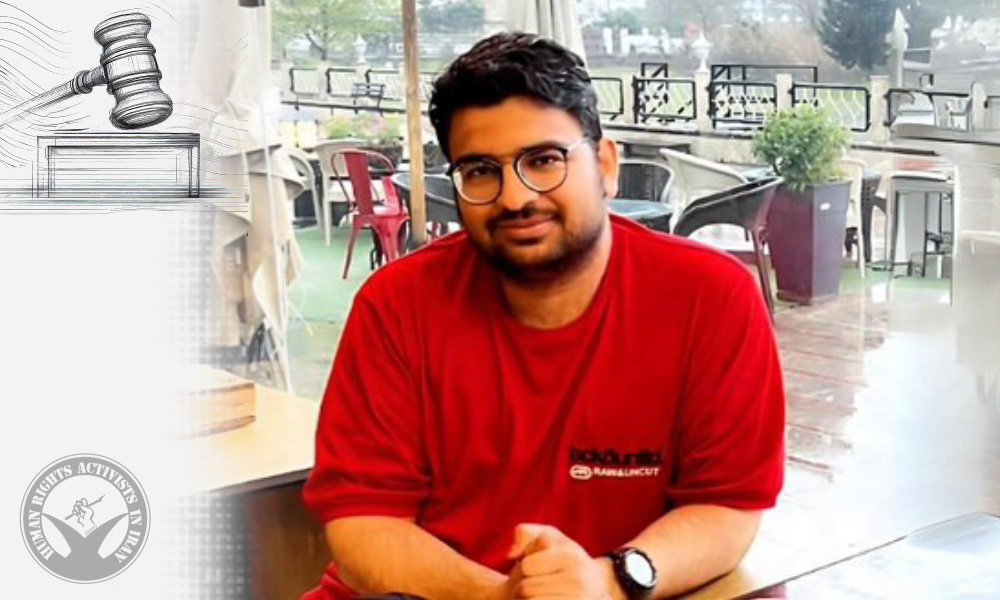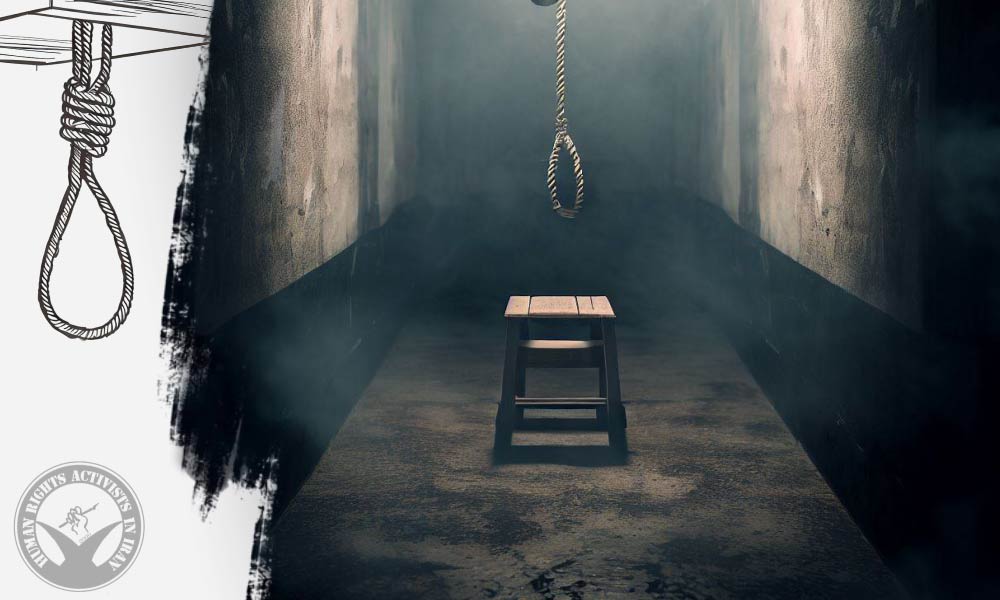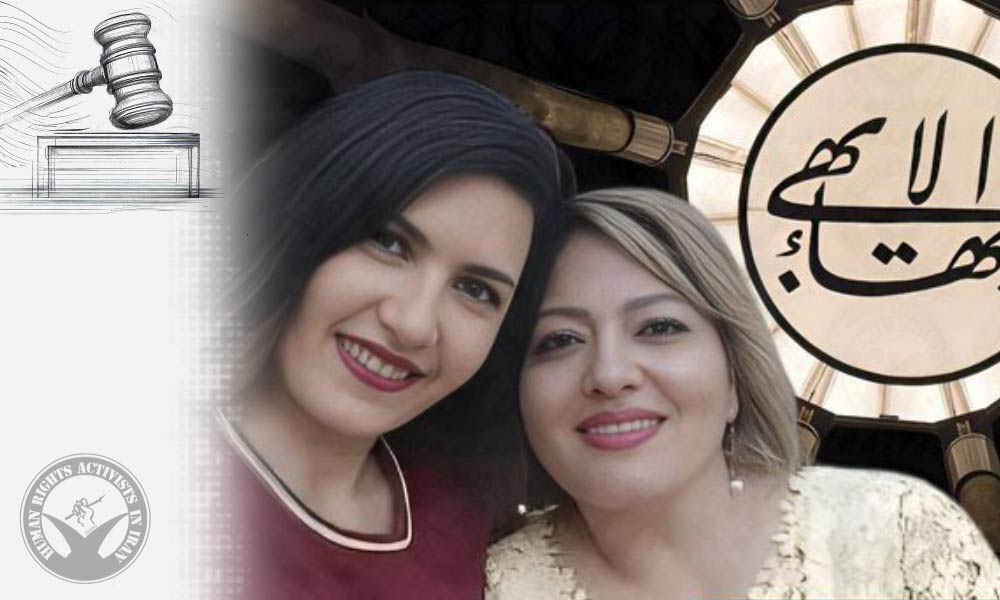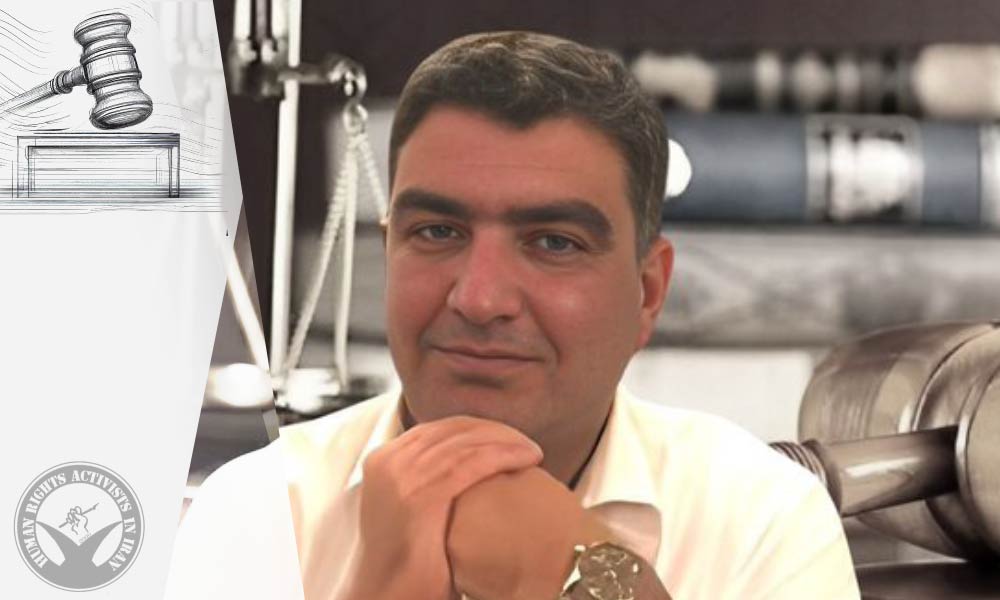HRANA – Hossein Shahoozahi, a detainee held in Vakilabad Prison in Mashhad, has been sentenced to death by the Mashhad Revolutionary Court, a verdict that has recently been upheld by the Supreme Court.
Following his arrest by the Islamic Revolutionary Guard Corps (IRGC) Intelligence Organization, Shahoozahi has been accused of attempting to assassinate the Supreme Leader’s representative in Razavi Khorasan Province and of planning an attack on the governor’s office.
According to Haal Vsh, Mashhad Revolutionary Court had previously issued the initial death sentence against Shahoozahi, which has now been upheld by the country’s highest judicial authority.
Hossein Shahoozahi, 29, a native of Zahedan, is currently being held in Vakilabad Prison in Mashhad.
He was arrested by IRGC Intelligence forces at the Mashhad bus terminal. On December 9, 2022, the Public Relations Office of the IRGC in Razavi Khorasan Province confirmed the arrest of several individuals, including Shahouzehi, claiming that they were affiliated with an opposition group. The IRGC’s statement further alleged that “a significant quantity of weapons, ammunition, and explosives was discovered and confiscated from these individuals.”
Following his arrest, Shahoozahi faced multiple charges, including possession of weapons, attempting to assassinate Ahmad Alamolhoda -the Supreme Leader’s representative in Razavi Khorasan Province – and planning an attack on the governor’s office in Mashhad. The Revolutionary Court ultimately sentenced him to death. Throughout the judicial process, he was denied the right to access legal counsel.
According to local media reports, Shahouzehi was held for about six months in the IRGC Intelligence detention facility, where he was subjected to pressure and violent treatment by interrogators. During this period, he was also denied any contact or visits with his family.
Local sources further reported that Shahoozahi had been arrested simultaneously with another individual named Yousef Mohammad-Hosseini, 25, and a native of Mirjaveh. To date, there has been no information about Mohammad-Hosseini’s fate, which remains unknown.













